Search Results
Showing results 1 to 20 of 53
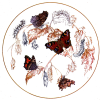
Build a Bug
Source Institutions
In this activity (on page 2 of the PDF), learners use art supplies to build models of insects, both real or imagined.
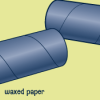
What's the Buzz?
Source Institutions
In this activity, learners construct a playable kazoo from inexpensive materials. They will experience how vibration creates sound waves and music.
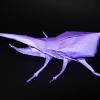
My Insect
Source Institutions
In this activity, learners use information gathered from a variety of sources to design and make their own insect.
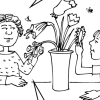
Flower Engineers
Source Institutions
This activity (on pages 24-29) combines science and art to introduce learners to how different animal pollinators spread pollen from one plant to another, and how certain shapes, colors, and smells of
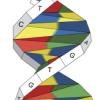
Origami DNA
Source Institutions
In this activity, learners create an origami model of DNA, demonstrating its double helix structure.
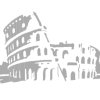
Disappearing Statues
Source Institutions
In this activity (on page 8), learners model how marble statues and buildings are affected by acid rain.
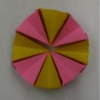
Paper Proteins
Source Institutions
In this activity, learners use an origami template to design eight amino acids. Learners configure the amino acids to form a protein. Use this activity to introduce proteins and amino acids.
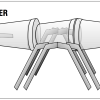
Minibeast Models
Source Institutions
In this activity, learners create models of bugs. Learners use household materials like plastic cups and straws to create models of bugs like centipedes and spiders.
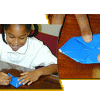
Thinking in Three Dimensions
Source Institutions
In this activity, learners create three-dimensional shapes by making some origami models of simple boxes and containers.
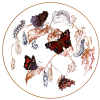
Make Your Own Butterfly
Source Institutions
In this activity (on the left side of page 5, continued on the right side of page 4 of the PDF), learners make models of colorful butterflies.
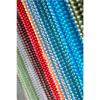
DNA Jewelry Models
Source Institutions
In this activity, learners construct a model of DNA to better understand the structure of DNA and protein synthesis.
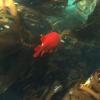
Design a Fish
Source Institutions
In this activity (page 2 of PDF under GPS: Alligator Habitat Activity), learners will study the adaptations different fish species have developed to survive in their habitats.
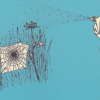
Web Weavers
Source Institutions
In this outdoor science/art activity, learners investigate spider webs by using string to create their own spider webs.
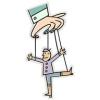
Jumpy Dolls
Source Institutions
In this activity, learners are challenged to design and construct a jointed figure that moves in a motion (something like jumping jacks) when a string is pulled.
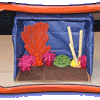
Create a Coral Reef
Source Institutions
Educator Amy O'Donnell from the American Museum of Natural History guides learners to create a diorama of a coral reef.

Building a 3-D Space Maze: Escher Staircase
Source Institutions
In this activity (page 95 of the PDF), learners create Escher Staircase models similar to those that were used by Neurolab's Spatial Orientation Team to investigate the processing of information about
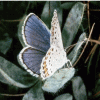
Lupine and Butterflies
Source Institutions
In this two-part activity about the connection between the lupine plant and butterflies, learners first read "Miss Rumphius," a storybook about lupine by Barbara Cooney.

Waterhouse Hawkins and the Nano Dinosphere Museum
Source Institutions
In this activity, learners explore dinosaurs and fossils by creating a diorama.
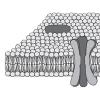
Build-A-Membrane
Source Institutions
In this activity, learners cut, fold, and paste paper representing biomolecules to create a three-dimensional cell membrane with embedded proteins.
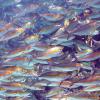
Fish forms
Source Institutions
In this activity, learners create a three-dimensional sculpture while examining the characteristics of fish.
